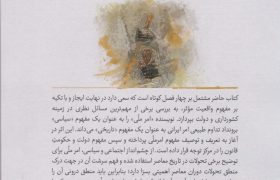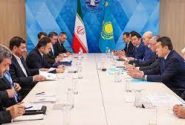By Mahmoud Shouri
International affairs analyst
US President Donald Trump has consistently sought to play a decisive role in the Russia–Ukraine war and to play up Washington’s involvement.
Trump has tried to register the conflict as a diplomatic success under his own name and to cash in on any possible achievements. Yet serious obstacles remain in the way of that goal, and no clear strategy has so far been put forward by either the United States or Trump himself to get around them.
The recent talks in Alaska between Trump and Russian President Vladimir Putin also produced no tangible or well-drafted outcomes that could serve as a basis for reliable judgment. One of Trump’s key tools has been to pressure Ukraine and its president, Volodymyr Zelensky, into showing flexibility and making concessions.
But the concessions sought by Moscow are in no way simple or acceptable for Kyiv. Russia flatly refuses to withdraw from territories seized by force and has set conditions that Ukraine will find extremely hard to swallow.
Europe’s role in the Ukraine crisis should not be overlooked, as European states hold both a complicated and decisive position. They are strongly opposed to any Russian success in this conflict and are doing all they can to ensure the war does not end up in Moscow’s favor.
For the Americans—and for Trump personally—the outcome of the battle is not the top priority. Rather, the focus is on securing a diplomatic victory that could be added to Trump’s record of managing international crises, regardless of how critical the geopolitical consequences might be for Europeans. Since the start of Trump’s second term in January, Washington has worked to cement its role as the chief arbiter and a key player in resolving global conflicts—a stance fundamentally different from that of the Democrats.
While the Democratic approach emphasized defeating Russia at any cost, Trump appears motivated by a mix of personal ambition and a desire to showcase American supremacy on the world stage. One of his personal incentives has even been the prospect of winning a Nobel Peace Prize through a role in the Ukraine crisis.
Still, it must be stressed that the Ukraine crisis differs sharply from other conflicts that Trump has claimed to resolve. The reality is that a significant part of Ukrainian territory is now under Russian control, and Moscow has no reason to give up those lands. On the contrary, the Russian constitution frames these regions as an integral part of Russia, making any retreat equivalent to surrendering sovereign territory.
Ukraine, for its part, will not easily agree to cede those areas to Russia unless forced by the United States—something that seems highly unlikely.
Taken together, it is improbable that the Russia–Ukraine crisis will lead to a lasting peace or a final settlement anytime soon. At best, Trump’s success might be confined to brokering a temporary cease-fire.















